Over the last decade as the London start-up ecosystem has matured, the number of funds deploying venture capital into early stage technology funds has steadily increased. There are a large number of venture capital firms in London now from pre-seed scout funds and investment incubators focusing on pre-revenue and in some circumstances, idea stage companies. To venture funds focusing on Seed and Series A rounds investing in businesses with solid early traction led by talented entrepreneurs. To more mature growth stage funds invested in established scale ups. The availability of corporate venture capital has also steadily increased over the last decade with corporates hoping to benefit from outsized returns or strategic investments in innovative technologies and business models. Pivot Digital Ventures is a leading strategic advisory firm that can help accelerate capital raises and ensure both businesses and founders are investment ready.
Features of VC
- Long term horizon
- Lack of liquidity
- High Risk
- Equity participation and capital gains
- Limited to innovative and potential projects
- Venture capitalists take part in management decisions
If you are seeking investment for your start up, here’s a guide to help you understand the process of venture capital in London:
Step 1: Idea Generation
The first step is to prepare and submit a business plan and company deck. This business plan must be comprehensive yet concrete. It must contain all the information that venture capitalists would need before they decide to invest in your business. It is suggested that you remember to include the following in your business plan:
- An executive summary
- Details about the opportunity, market potential, and size
- Competition analysis
- Financial projections
- Introduction to the management and team of the company
Venture Capitalists will conduct a comprehensive analysis of the business plan and investment deck in addition to validating the market size, product and team. A company’s business plan and investment deck are often the first documents an investor will see before deciding whether it is a good idea to conduct a first round interview with a founder to learn more about the business, therefore these documents need to be produced to a high standard.
Step 2: Face-to-face meeting
After the venture capitalists have gone through the preliminary study, they decide to meet the founders, only if they are inclined towards the project. This is an introductory meeting where more details of the project can be discussed. During this meeting, the VC will ask probing questions about the motivations of the founders and will be accessing the size of the opportunity and the product itself. Pivot Digital Ventures would strongly recommend to build a working prototype and have some degree of demonstratable market validation (through user interviews and user testing) prior to seriously engaging investors. This shows initiative and drive and will viewed positively by the VC. Based on this initial discussion, the VC will decide whether to move forward to the next step of due diligence.
Step 3: Due Diligence
This step is more or less dependent on the nature of the business proposal. As part of due diligence, venture capital firms in London will interview the company’s founding team to discuss business strategy and evaluate marketing approaches, and often conduct an onsite visit to the start-ups offices to see the founders in action. In depth market analysis will then be conducted by the VC in addition to speaking to strategic partners in the industry and partners and experts in the space about the business idea and the founders. The final stage of the Due Diligence process is often a Partner interview where the entrepreneurs will be invited in to the VC Fund’s HQ to pitch to the Managing Partner running the fund.
Step 4: Term Sheets and Funding
Once the due diligence phase is completed, VC firms provide a term sheet if they are satisfied with the entire proposal. The term sheet is a non-binding document consisting of the basic terms and conditions of how the investment will proceed. VCs and founders can negotiate the details mentioned in the term sheets until it is agreed upon by all parties. On completion of the legal due diligence and legal documents, funds are transferred and the deal is completed.
Obtaining venture capital firms in London can also be a challenge for those who don’t understand the process or have the means to reach out to the right VCs. VC’s invest in small businesses or initiatives that have huge potential to grow or where an idea, business model or product has the potential to be 10x better than incumbent players, or where gaps exist in a market segment. And more often then not start ups are simply not VC ready or VC backable.
At Pivot Digital Ventures, we ensure that our clients develop and execute the right strategies to raise capital from investors and help to create long term sustainable businesses.



